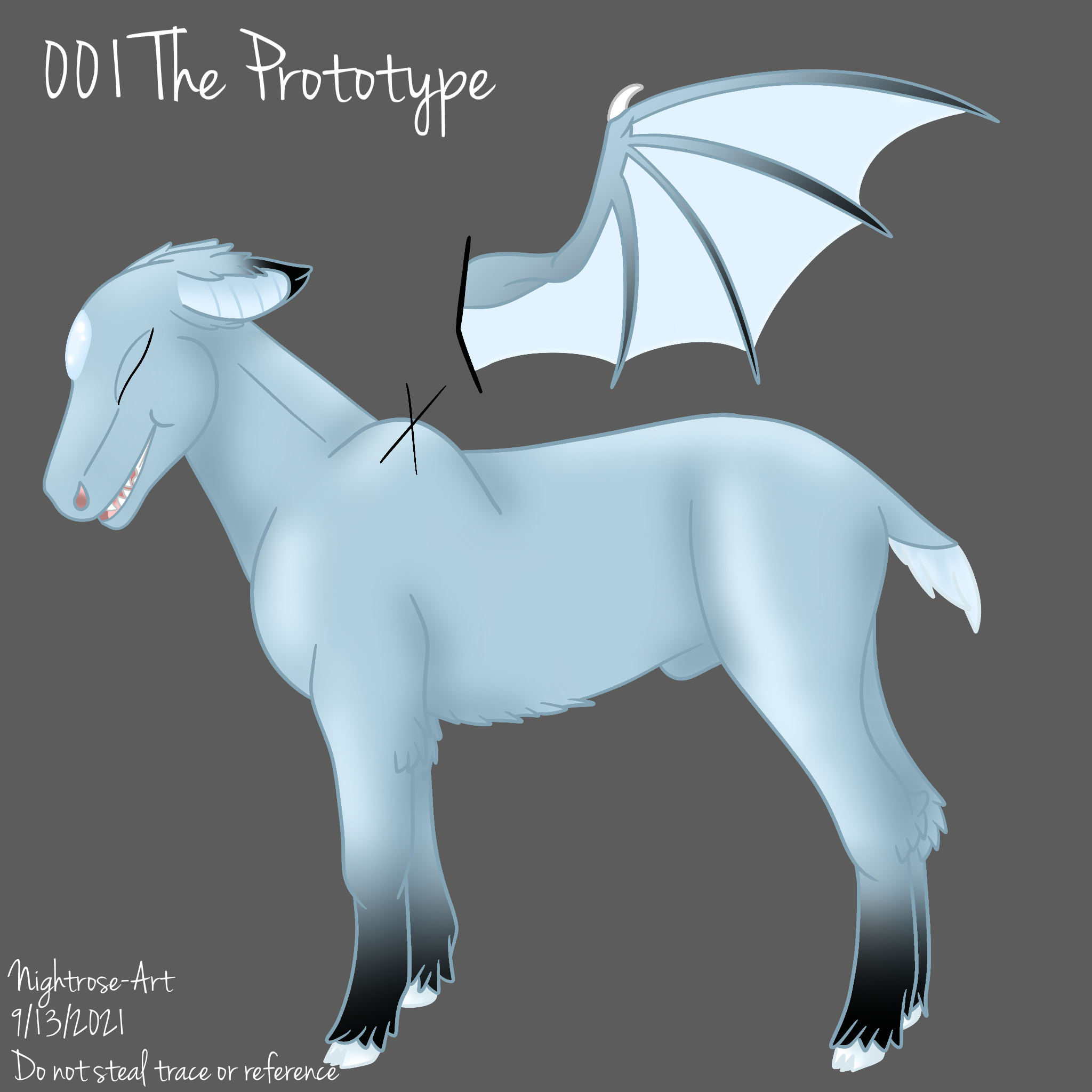A somatization comorbidity phenotype impacts response to therapy
Por um escritor misterioso
Descrição
Background Comorbidities may contribute to disease activity and treatment response in rheumatoid arthritis (RA) patients. We defined a somatization comorbidity phenotype (SCP) and examined its influence on response to certolizumab pegol (CZP) using data from the PREDICT trial. Methods Patients in PREDICT were randomized to the patient-reported Routine Assessment of Patient Index Data 3 (RAPID3) or physician-based Clinical Disease Activity Index (CDAI) for treatment response assessment. Post-hoc analyses identified patients with the SCP, which included diagnosis of depression, fibromyalgia/myalgias, and/or use of medications indicated for treatment of depression, anxiety, or neuropathic pain. The effect of the SCP on RAPID3 or CDAI response at week 12 and low disease activity (LDA; Disease Activity Score in 28 joints based on erythrocyte sedimentation rate ≤ 3.2) at week 52, in week-12 responders, was analyzed using non-parametric analysis of covariance (ANCOVA). Results At baseline, 43% (313/733) of patients met the SCP classification. Patients with the SCP were 9% more likely to withdraw from the trial. American College of Rheumatology 20% (ACR20), ACR50, and ACR70 responses were 5–14% lower among those with the SCP, and 11% more patients reported adverse events (AEs). Patients without SCP in the CDAI arm were twice as likely to achieve LDA at week 52 compared with those with SCP (32% versus 16%). No differentiation by SCP was observed in the RAPID3 arm (pooled result 21.5%). Conclusions We operationalized a potentially important somatization comorbidity phenotype in a trial setting that was associated with a substantially lower likelihood of treatment response and a higher frequency of AEs. Including large numbers of patients with this phenotype in RA trials may reduce the measured clinical effectiveness of a new molecule. Trial registration ClinicalTrials.gov, NCT01255761 . Registered on 6 December 2010.

Heatmap of comorbidity prevalence in the three subgroups identified by
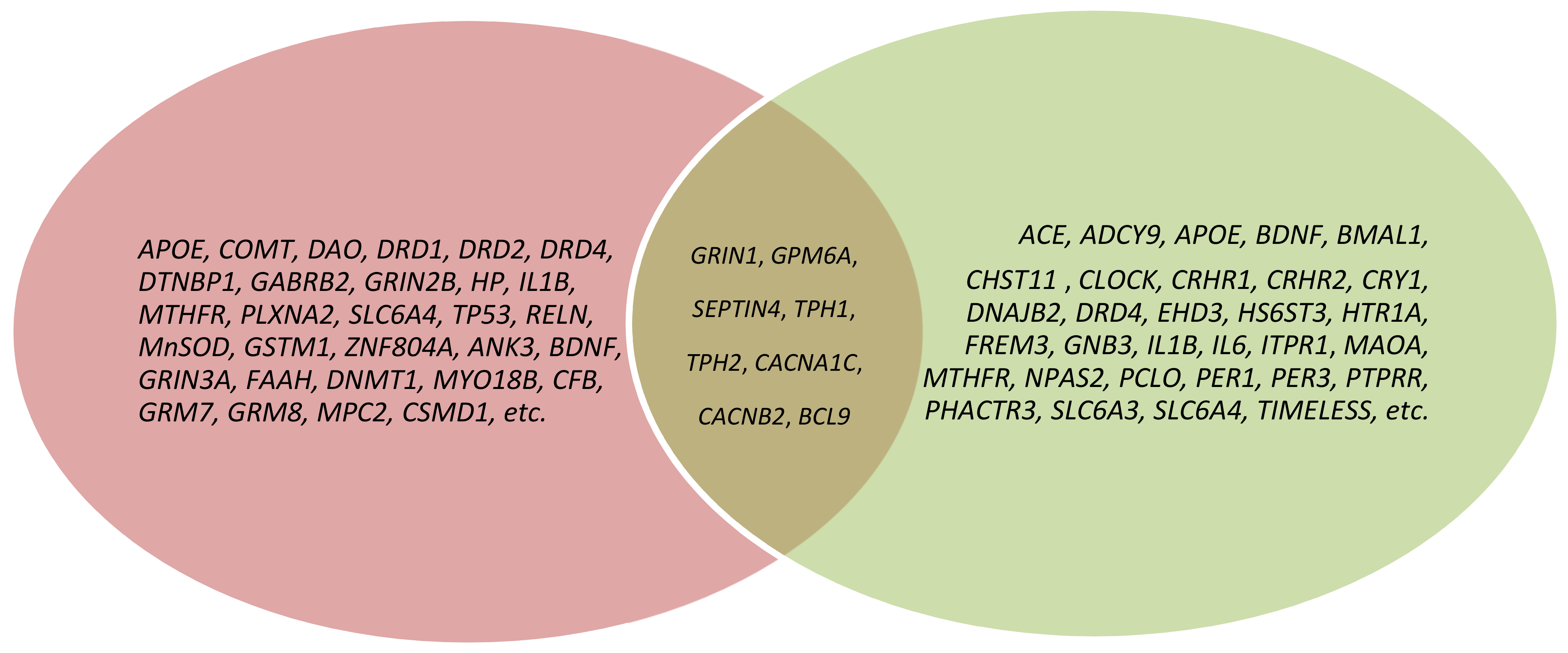
Genes, Free Full-Text

Conversion Disorder: What Is It, Causes, Diagnosis, and More
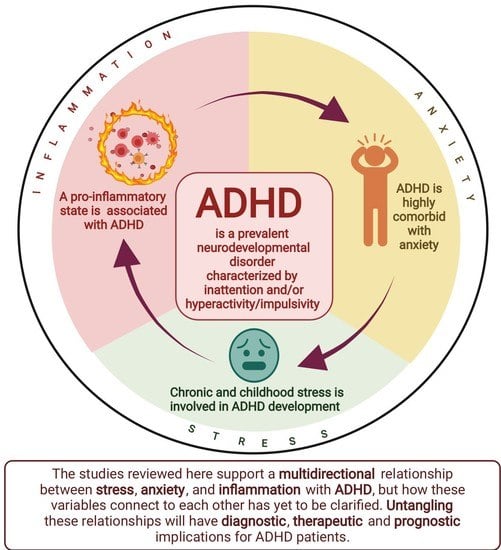
Biomedicines, Free Full-Text
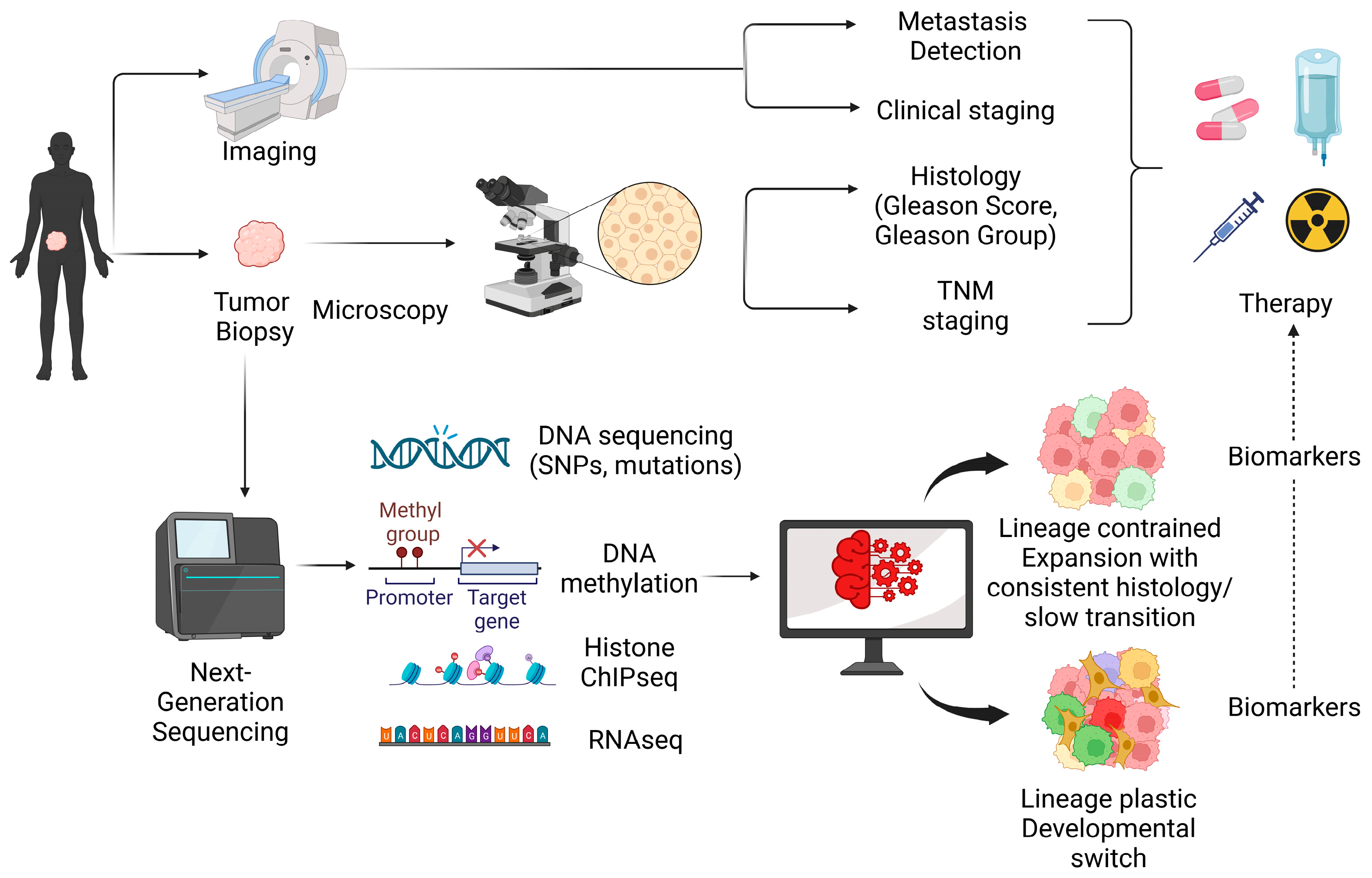
Cancers, Free Full-Text

Copy number variants in the development of psychiatric comorbidity in the Inflammatory Bowel Disease

Clinical and neural responses to cognitive behavioral therapy for functional tremor

Preliminary proposal for a revision to the Diagnostic and Statistical

Contribution of the P2X4 Receptor in Rat Hippocampus to the Comorbidity of Chronic Pain and Depression
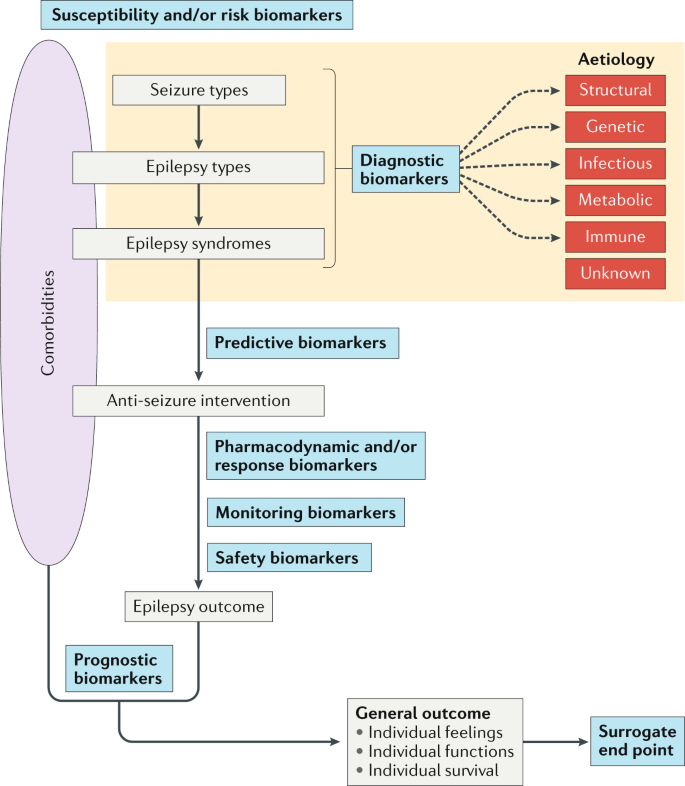
Impact of predictive, preventive and precision medicine strategies in epilepsy

Mapping phenotypic and aetiological associations between ADHD and physical conditions in adulthood in Sweden: a genetically informed register study - The Lancet Psychiatry

Comorbidity, misdiagnoses, and the diagnostic odyssey in patients with hypermobile Ehlers-Danlos syndrome - Genetics in Medicine Open
de
por adulto (o preço varia de acordo com o tamanho do grupo)


